Introduction

It might be the smaller than the CBR 250R in size, engine capacity, price and positioning, but one thing is forsure—the CBR 150R certainly has a better exhaust note, particularly at idle. In terms of looks though, these are almost identical.
However, the 150R isn’t here as an alternative to the latter at a lesser price; it is here specifically to take on the Yamaha R15 and the KTM Duke 200. Being a clone of the bigger CBR, it does tick the right boxes in terms of visual appeal, so much so that its full fairing, chunky tyres and overall mass leads you to believe this one must be displacing more ccs than just 150.
Once you mount the motorcycle though, it’s instantly clear that the 150R is smaller and narrower than the 250R in dimensions, but still larger than say the Duke. The look and feel though is identical to the larger CBR — the clocks, the tank shape and even the riding position is similar. The quality though is better, even though we were disappointed by the choice of switchgear which is more like what you get on cheaper, more commuter-centric Honda bikes.
To really appreciate the 150R, however, one must ride it. The seating ergonomics isn't intense; it's still sporty, but one sits more upright asking less from the back and the rearsets positioning don’t threaten to tear your calf muscles either. Moreover, the seats aren’t overtly hard and the handlebar is anything but a stretch to reach; if at all, it’s just a tad narrow.
The Drive

What we would have liked though, is a more refined engine. This single cylinder, liquid cooled and fuel injected engine starts off well from idle but the moment it hits the 6,000rpm mark, vibrations begin to creep in. The harder you push from then on, the coarser it sounds. It’s an engine that packs all the fun right at the top of the rpm band, but lacks the free-revving nature that makes you want to exploit this high-strung characteristic of the engine.
There's however a clear step-up in performance past the 8,000rpm mark and the pull continues till the engine hits the redline at 11,500rpm, but to enjoy this performance you must tell yourself that it's OK to wring the life out of this engine even though it's not exactly willing. The shift quality of the 6-speed gearbox doesn't impress much either; it's not slick, doesn't have well-weighted shifts and is notchy.

Switchgear is similar to smaller Honda commuter bikes and the clip-on bars, though better finished, are less meaty and less visually pleasing
The 150R's forte though is its dynamics — it feels light, precise and extremely communicative around a bend. You can place it in a corner where you want and how you want by just lightly feeding your inputs to the handlebar. There's lots of feedback from the chassis too and the tyres allows you to carry speed around a corner without scaring yourself. Braking too is very good — there's less bite initially, but when it comes in, it comes in hard and with so much feel and linear progression, you can get on the brakes hard and hold it there knowing exactly what the front tyre is doing.
Verdict
Verdict
Ideally, the 150R’s dynamic ability should be married to the performance prowess of the 250R. But, even with the 150cc powerplant, the 150R is a joy to ride especially if you love tackling corners; you’d always come out the other side with a wide, satisfied grin. What’s more, in the orange and white paint scheme, it looks good too and draws a lot of eyeballs on the roads. Wish it were priced a tad lower though.
Gallery
1/4
Double Tap to Zoom





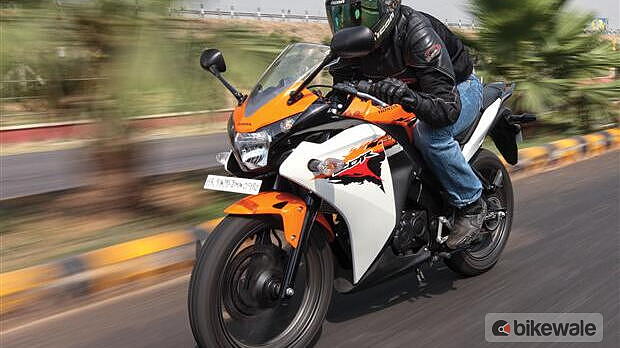





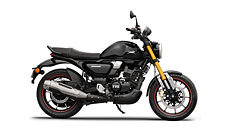
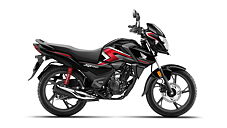
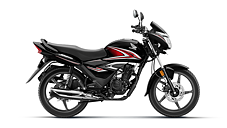

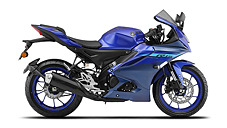
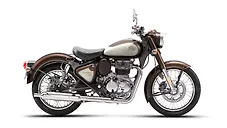
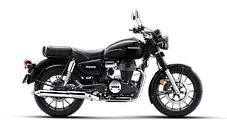
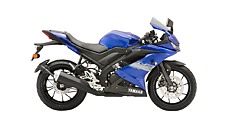
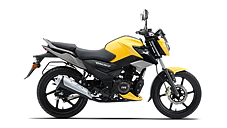
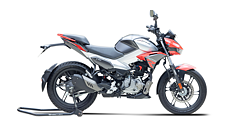
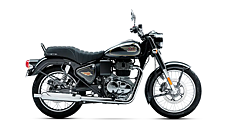
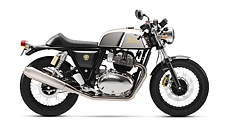
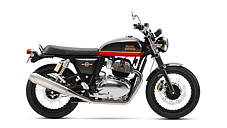
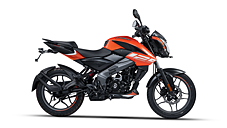

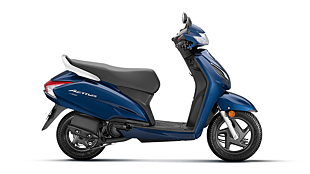




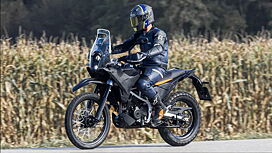
![KTM 390 Adventure X [2025] KTM 390 Adventure X [2025]](https://imgd.aeplcdn.com/272x153/n/cw/ec/190885/390-adventure-x-2025-right-side-view.jpeg?isig=0&q=80)